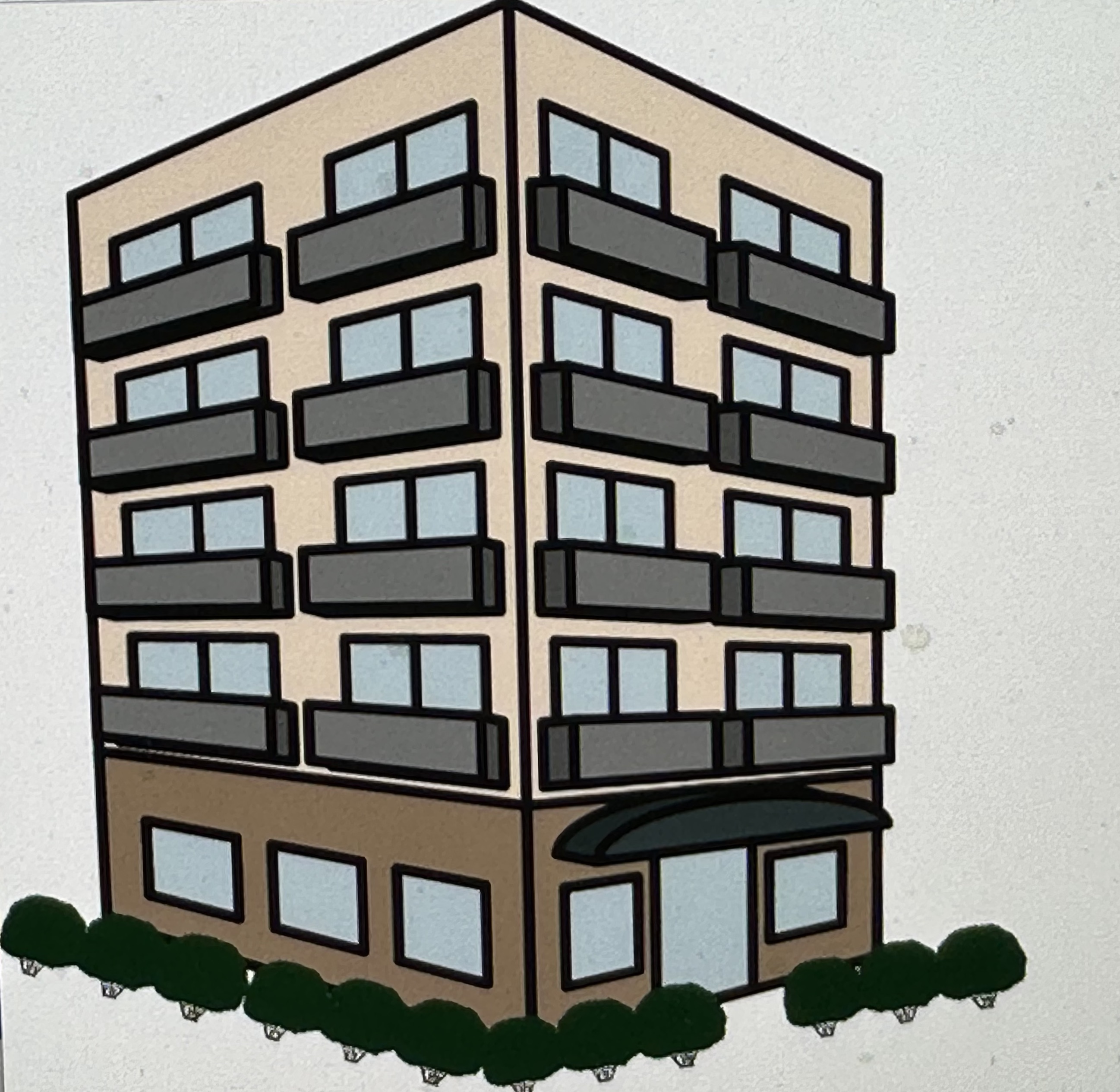True, the DC Metro area is a little short on inventory, even when it comes to condos. And if you are thinking of moving to condo living, there is a wide range of possibilities.
Here are some examples:
 Townhouse condos: these can be former single family homes, usually urban and usually row houses that have been converted to units – usually between two and four. It’s a pretty simple structure, most often without a lot of amenities that can be expensive to keep up. The fees are low because these condos rarely have elevators, pools, fitness centers and other common elements. The plusses? Low condo fees and less dramatic condo association politics. The price per square foot for these units is usually higher than you’d pay in a larger building.
Townhouse condos: these can be former single family homes, usually urban and usually row houses that have been converted to units – usually between two and four. It’s a pretty simple structure, most often without a lot of amenities that can be expensive to keep up. The fees are low because these condos rarely have elevators, pools, fitness centers and other common elements. The plusses? Low condo fees and less dramatic condo association politics. The price per square foot for these units is usually higher than you’d pay in a larger building.- “Garden” complexes: These are typically low rise (two or three stories) walk up units, and may or may not have amenities like pools and fitness centers. Depending on the amenities, the fees are usually low and the prices are, too.
- Hi Rise condos: these projects run the gamut. Some are pretty basic, while many have every amenity you could imagine. And the amenities determine what the condo fees are – and they are usually on the high side. This is especially true if the fee include utilities. And it’s important to get a feel for how well (or badly) the building’s board of directors operates. In a big building, things are more complicated.
The age, location, management and condition of each condo or cooperative complex will, of course, play a big role in determining the prices you can expect to pay, as well as the amount of appreciation you can amass over the time you own the unit. You also need to be careful to perform your due diligence while researching the finances of each building.
Before you are committed to go through with your purchase, you’ll get a resale packet with most of what you need to know about the place and how it is run. You can often get a feel for the issues by asking for copies of association minutes and newsletters. A complex’s website can also provide information that might not be in the glowing description you’ll find in the official listing. During the due diligence period, you can void the contract with no penalties.
Many of my clients are are making a transition from a house to a condo, and a big part of my job is helping them figure out how to be certain they understand just what they are getting into!

